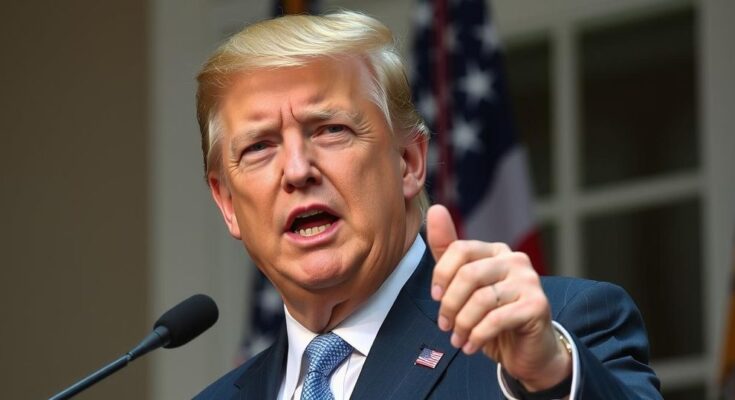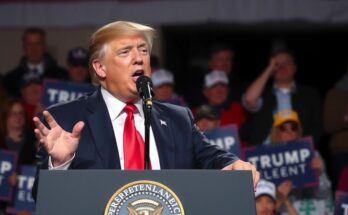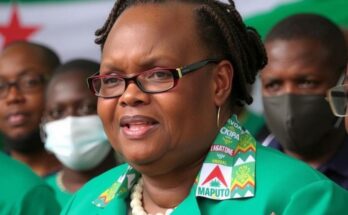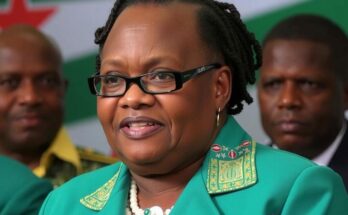Netumbo Nandi-Ndaitwah, Namibia’s President-elect, has rejected claims of Zimbabwean interference in the recent elections, stating the allegations are baseless. Opposition parties, including IPC and LPM, raised concerns without concrete evidence. The elections faced logistical challenges, raising questions about voter turnout, while Zanu-PF officials condemned the accusations as unfounded.
Namibia’s President-elect, Netumbo Nandi-Ndaitwah, has categorically rejected accusations of Zimbabwean interference in the nation’s recent presidential and National Assembly elections. Opposition parties, including the Independent Patriots for Change (IPC) and the Landless People’s Movement (LPM), have alleged that Zimbabwe’s ruling Zanu-PF influenced the election results, which favored Swapo. However, these parties failed to provide substantial evidence to support their claims.
LPM leader Ivan Skrywer drew parallels between the issues experienced in Namibia, such as insufficient ballot papers, and alleged electoral manipulation tactics used by Zanu-PF during the Zimbabwean elections. IPC spokesperson Imms Nashinge further implicated Zanu-PF in Swapo’s victory by referring to a social media statement from Zimbabwe’s presidential spokesperson, George Charamba, who purportedly announced the election results prematurely. Such remarks raised questions about Zimbabwe’s involvement in Namibia’s electoral processes.
In response, Nandi-Ndaitwah dismissed these allegations as unfounded and suggested they are part of a broader scheme aimed at undermining Swapo’s reputation. She encouraged journalists to investigate the claims thoroughly, stating, “Those saying it, they know it’s not true, but they are saying it deliberately to confuse our people.”
The recent elections in Namibia were not only contentious but also marred by logistical challenges, including a lack of ballots and technical difficulties, leading to significant delays and long waiting times at polling stations. Critics have pointed to these issues as factors that may have suppressed voter turnout, particularly in the Khomas region. Questions regarding the legality of extending voting periods have also surfaced, further complicating the electoral landscape. Nonetheless, both Zanu-PF and Swapo officials have denied any wrongdoing, with Zanu-PF Secretary-General Obert Mpofu dismissing the allegations as “primitive thinking.”
The recent presidential and National Assembly elections in Namibia witnessed significant allegations of foreign interference, specifically from Zimbabwe. The claims stem from five Namibian opposition parties that expressed concerns over Zimbabwe’s ruling party, Zanu-PF, allegedly affecting the electoral outcomes. This narrative highlights regional political tensions and the broader implications of foreign influence in domestic elections, particularly in Southern Africa where historical ties and political alliances frequently interlink. Despite unresolved logistical issues during the elections, the assertion of Zimbabwean involvement raises critical questions about electoral integrity in the region.
In summary, Nandi-Ndaitwah’s firm denial of Zimbabwean interference in Namibia’s elections adds to ongoing debates about electoral integrity and foreign influence in politics. While opposition parties raised serious allegations, they failed to substantiate their claims with credible evidence. As Namibia navigates the consequences of logistical challenges during its elections, the rhetoric surrounding foreign involvement underscores the complex dynamics within Southern African politics. Both Zanu-PF and Swapo officials have rejected the accusations, suggesting a strategic denial of foreign meddling in domestic affairs.
Original Source: newscentral.africa




